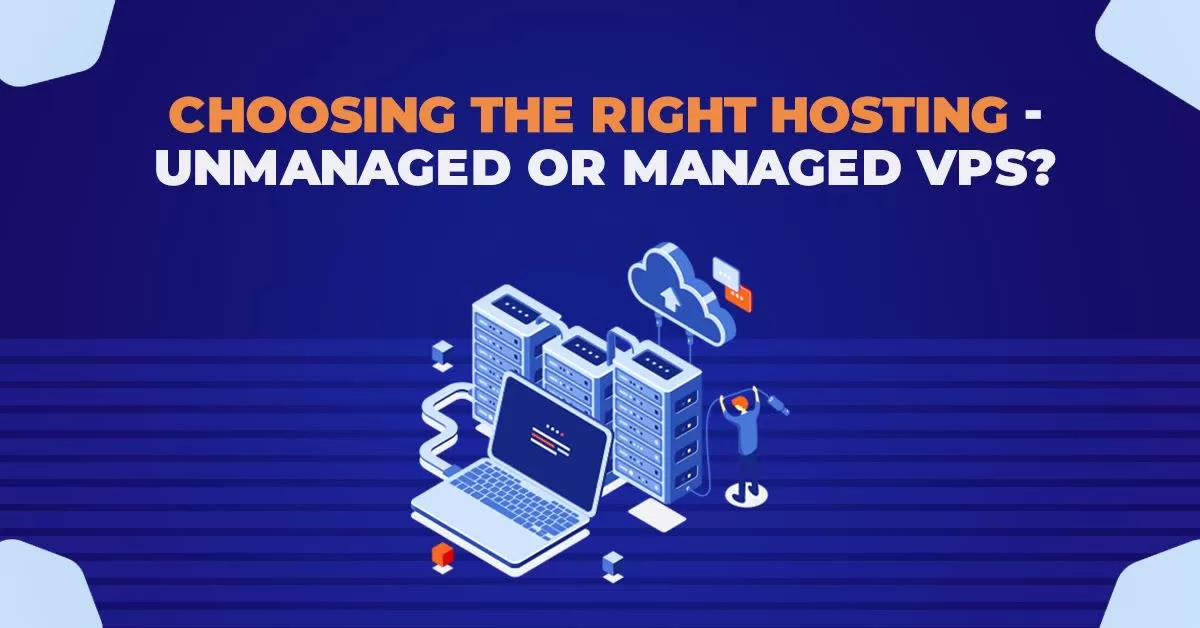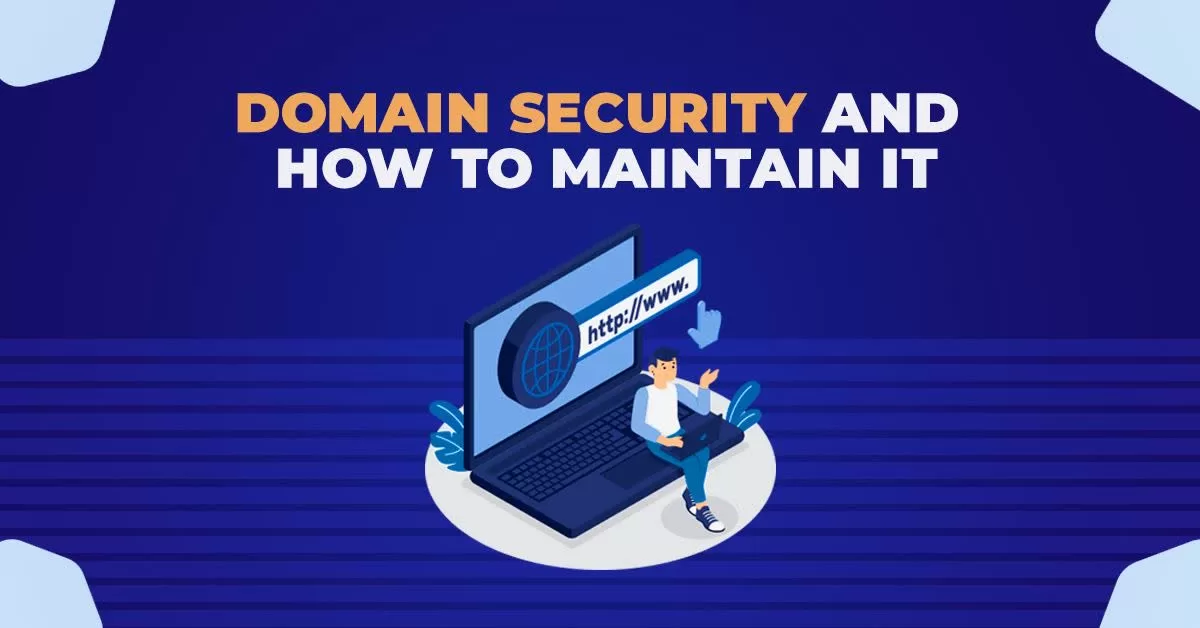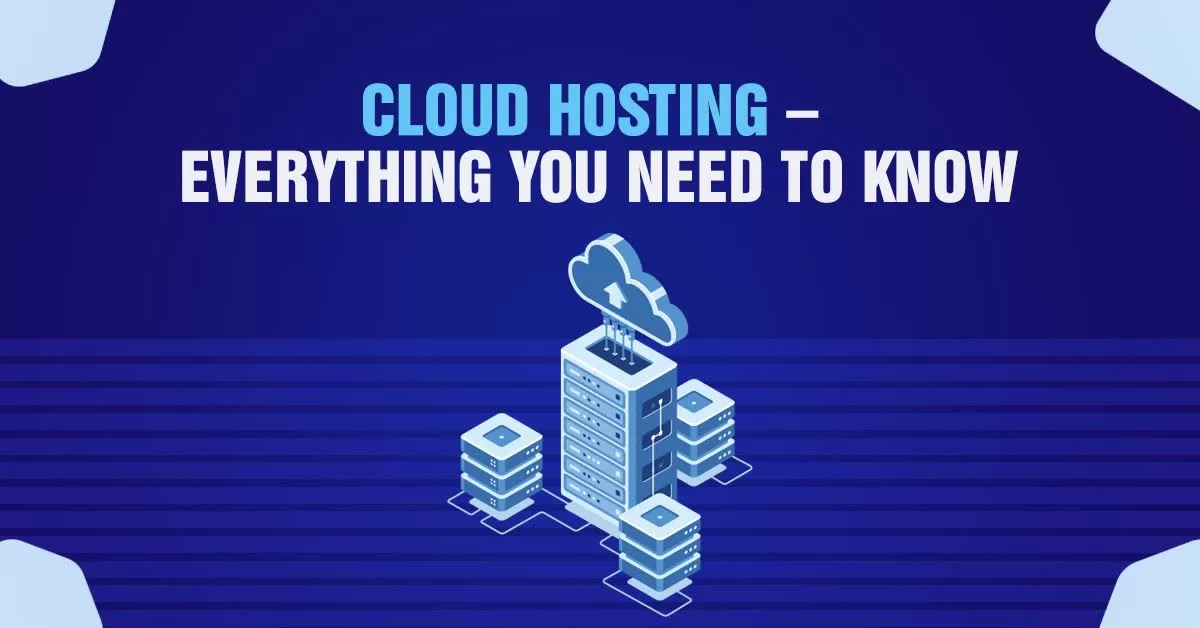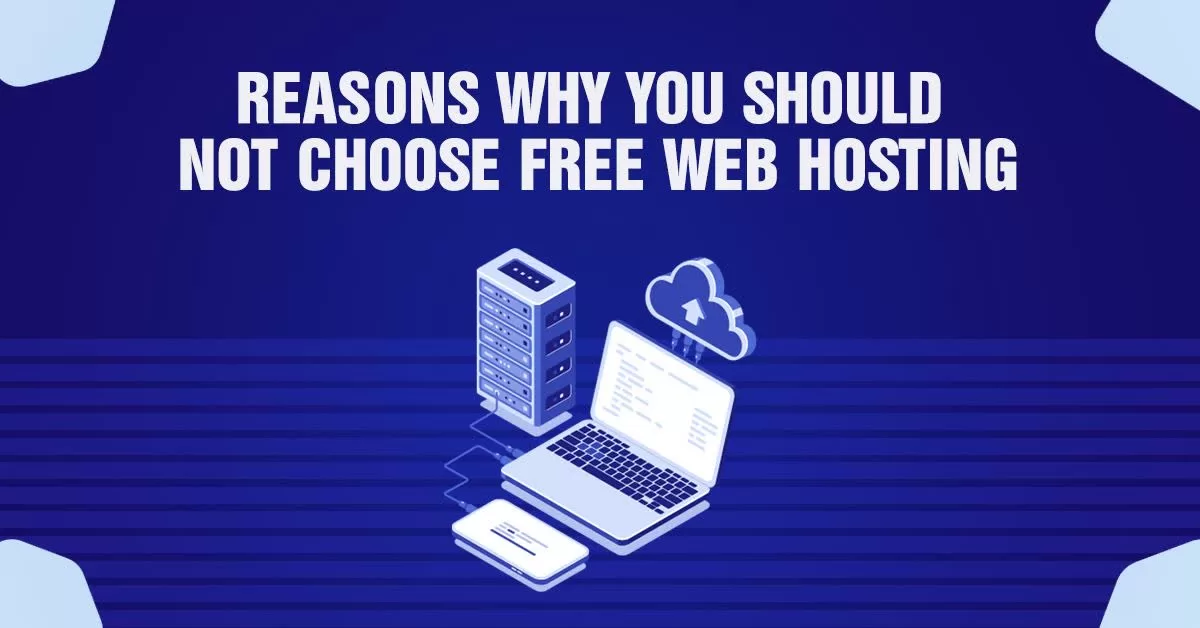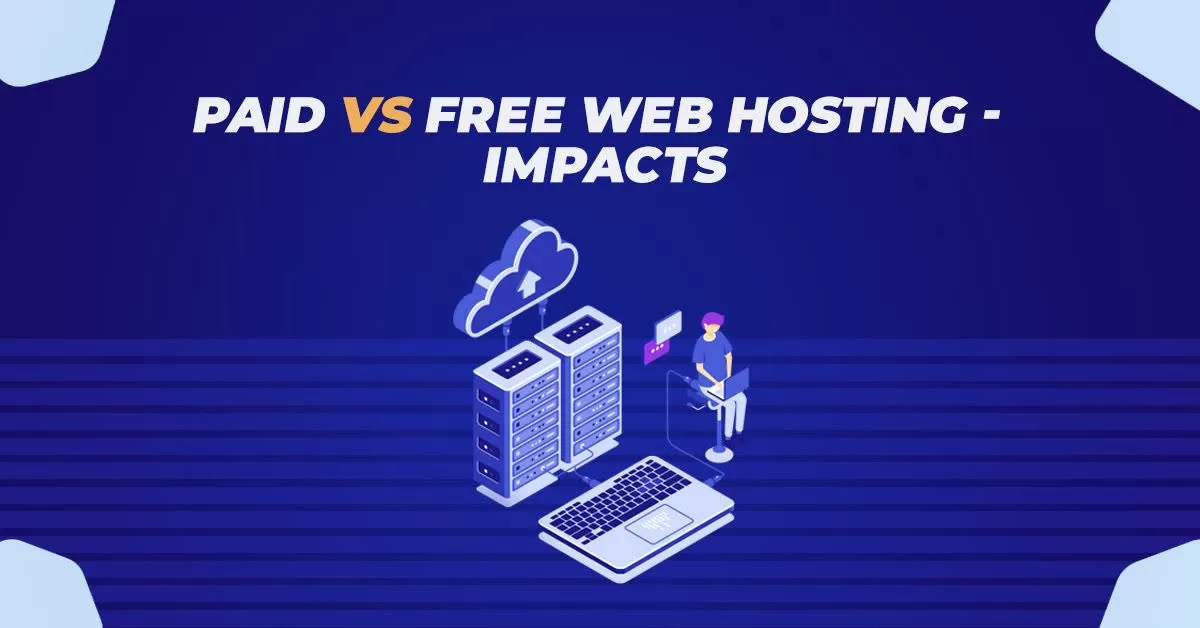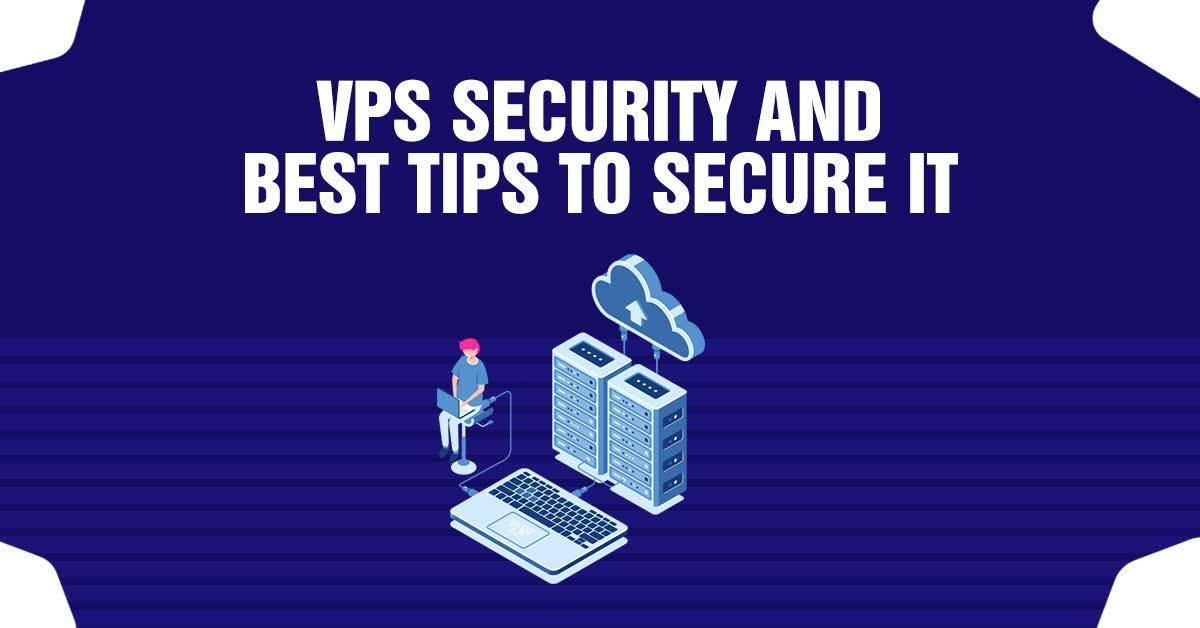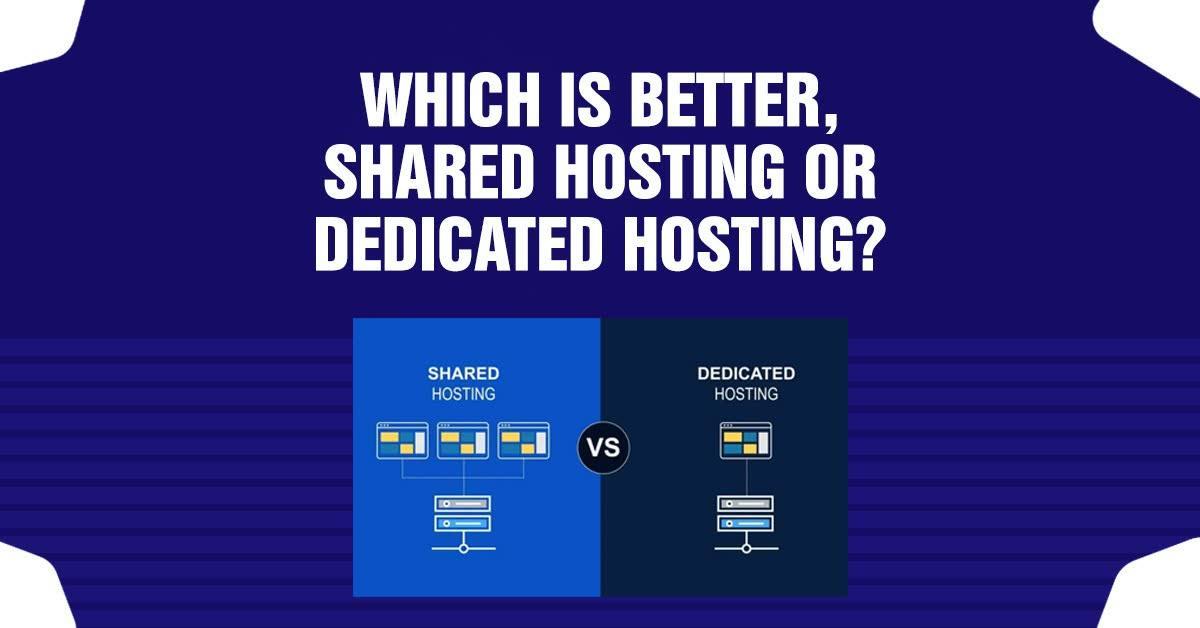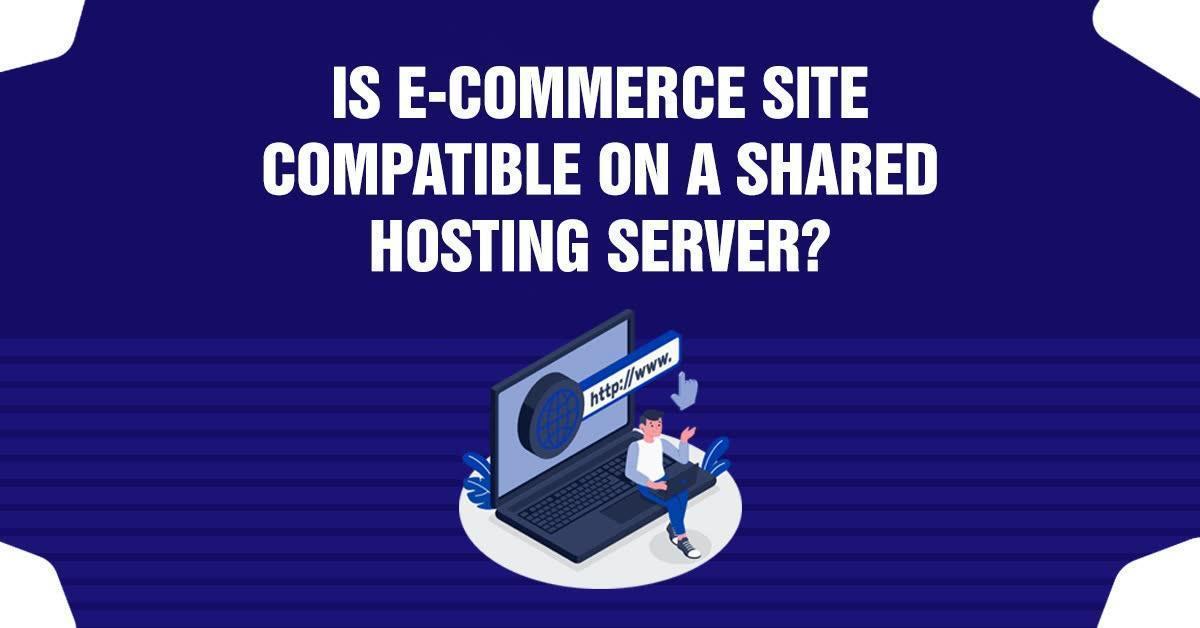Choosing The Right Hosting – Unmanaged Or Managed VPS
Majority of the enterprises or businesses often go with the shared hosting service, as it is a cheaper option. Moreover, a newly launched website of a company or an e-commerce store will not receive a lot of visitors and won’t need a lot of applications either. But over time the businesses tend to grow and the services provided through the shared hosting server are not enough to provide the clients with all the necessary features.
The site will have increased traffic and will need a better and more efficient solution. This is where VPS (Virtual Private Server) hosting server comes to play. Continue reading to know more about the VPS hosting server and the features associated with it.
Virtual Private Server (VPS) – An Overview
A fully virtual server that is completely assigned to a single client in a private manner is called the Virtual Private Server or VPS. The Virtual Private Server is a hybrid version of dedicated and shared hosting.
In this type of hosting the physical server will be shared by more than one virtual server, among which one of them is dedicated particularly to a single client. There are two types of Virtual Private Servers. Those are unmanaged Virtual Private Server and managed Virtual Private Server.
Managed Virtual Private Server hosting
When a managed VPS is implemented, the hosting service provider itself looks after the virtual server by taking care of the server maintenance, updates and installation of the latest software patches that are needed. They are also responsible for the proper functioning of the physical server which includes uptime and availability.
For any business-related websites, complete maintenance of the server is mandatory. Here are a few advantages and disadvantages of managed VPS hosting.
Advantages of Managed Virtual Private Server
- Takes major responsibilities off the client’s shoulders.
- Saves time and enables the business to grow. Clients need to concentrate only on making the business grow faster and not worry about managing and maintaining the server.
- A separate team to manage the server is not required.
- The service provider will take full responsibility for all the issues that the server faces. (uptime, downtime, availability, etc.)
- Ensures all the server hardware and software are up to date. (Operating system, security updates, firmware, etc.)
- Twenty-four-seven strong technical support.
- The servers are completely monitored and data or assets are kept safe.
Disadvantages of Managed Virtual Private Server
- The price of managed virtual private servers is comparatively higher than unmanaged VPS hosting services.
- Clients might face quite a few restrictions with respect to the server.
- Clients have no flexibility and the versions of the software can not be managed according to their desires.
Unmanaged Virtual Private Server hosting
When it comes to an unmanaged virtual hosting server, only the physical components of the server will be taken care of by the hosting service provider. On the other hand, the client or the user is responsible for managing the virtual server and the features associated with it. The user or the client must manage the server activities such as updating the operating system, installation of patches, routing the virtual network and other complicated tasks.
Though the unmanaged VPS provides complete liberty over the virtual server, a team of highly skilled professionals are also needed to maintain and manage the virtual server. The service provider is not responsible for the traffic, uptime or availability.
Advantages of Unmanaged Virtual Private Server
- The price of the unmanaged virtual private server is comparatively lower when compared to managed VPS hosting service.
- Complete control over the virtual server.
- Clients or users can make direct decisions regarding the virtual server such as installing software that will be needed for later use, complete network settings, partitioning of storage space, etc.
Disadvantages of Unmanaged Virtual Private Server
- Requires highly skilled professionals to manage this type of VPS.
- The money saved on the hosting service, will for sure be spent on hiring a highly skilled IT team to manage the virtual server.
- The user or the client is solely responsible for monitoring the entire server traffic and all the actions that are associated with it. (cyber attacks, patch issues, traffic spikes, etc.)
- The user or the client must be well aware of all the security patches, and the latest version released and keep the virtual server up to date.
- Not much technical support is obtained and the information that is received is very limited.
When To Choose What?
- Managed virtual private server
For an enterprise or a large organisation, a managed virtual private server is the best option, as they do not have to spend a lot of time managing and maintaining the virtual server. Clients opting for a managed virtual private server will save the amount (money) through reduced manpower, in the long run. Managed virtual private server guarantees availability, uptime and stability.
This ensures that the website is available all the time to all the intended users. E-commerce websites that prefer a hundred percent uptime obviously will go with this managed virtual private server.
- Unmanaged virtual private server
Organisations and enterprises that prefer to have full control over their virtual server will go with unmanaged virtual private servers. If you want to save up money this is the go-to option. This is because the price of the unmanaged virtual private server is comparatively lower than managed VPS hosting service.
Few Final Words
Both the managed and unmanaged virtual private servers have their own pros and cons. It is up to the client or the user to choose the one that suits their needs the most. According to the preference and the usage needs of the client, the right type of virtual private server must be selected.



































